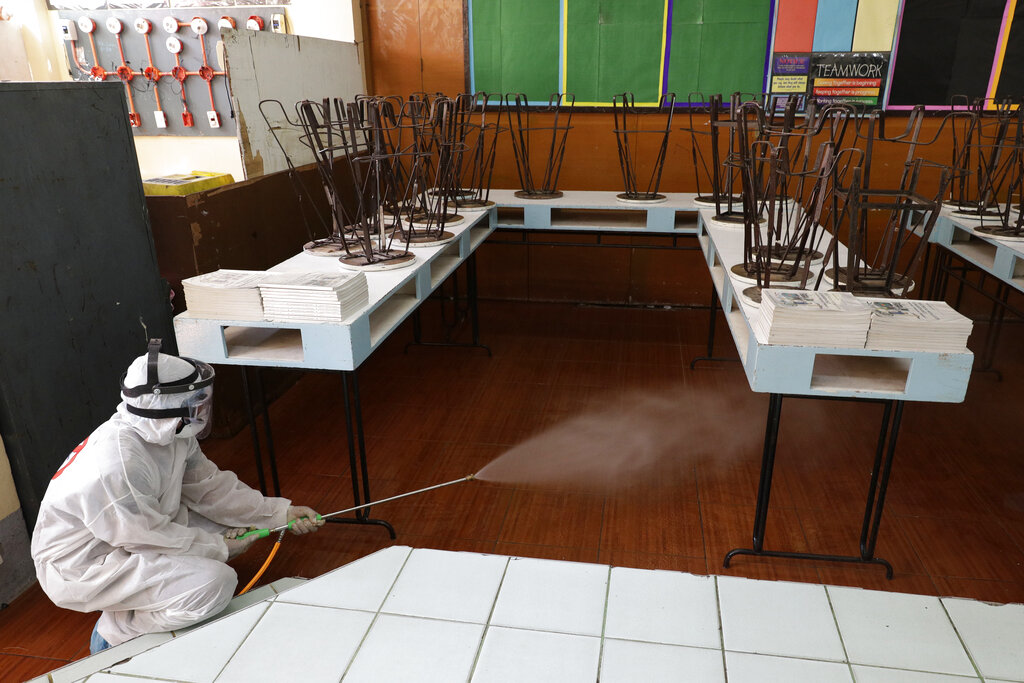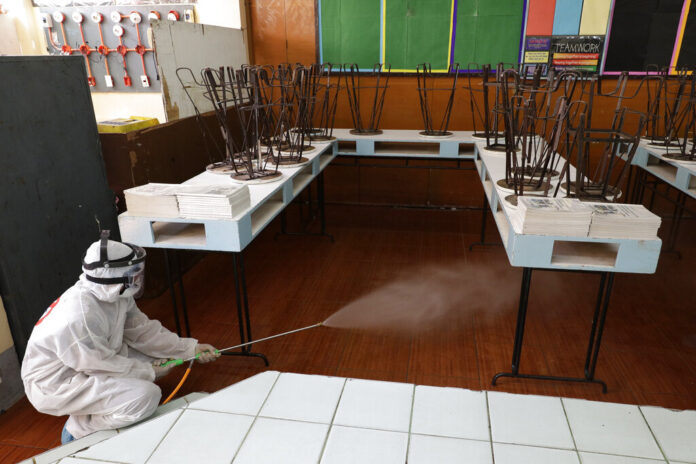
THE Bureau of Internal Revenue (BIR) has rejected an appeal by private schools to rectify the tax regulation limiting the temporary application of reduced tax rate of 1 percent to proprietary nonprofit educational institutions under the Corporate Recovery and Tax Incentives for Enterprises (CREATE) law.
The private schools had said the BIR erroneously “inserted” that in its implementing rules, and to leave the provision unchanged would result in a near-doubling of taxes they pay.
In a memorandum sent to the Coordinating Council of Private Educational Associations (Cocopea), the BIR said they were constrained to deny their request to revise and amend certain provisions of Revenue Regulation 5-2021 for “lack of merit.”
Contrary to Cocopea’s position, BIR said the definition of proprietary education institutions in RR 5-2021 is consistent with Section 27(B) of the Tax Code, as amended.
“Thus, the preferential tax rate of 10 percent [temporarily 1 percent from July 1, 2020 to July 23, 2023] shall apply on the income of the following
institutions: [1] proprietary nonprofit educational institutions; and [2] proprietary nonprofit hospitals,” said BIR Commissioner Caesar R. Dulay in a memorandum dated June 1, a copy of which was released to reporters on Wednesday.
The BIR also argued that a proprietary nonprofit educational institution can “legally exist,” noting that a proprietary educational institution does not necessarily imply a stock corporation.
“Giving the stock and profit-oriented educational institutions the preferential rate under Section 27 [B] of the Tax Code means that the government will, in effect, subsidize through a reduced income tax rate the owners of these profit-oriented educational institutions who can declare their profits as dividends. To be sure, Congress could not have intended this effect,” Dulay said.
Dominguez agrees
FINANCE Secretary Carlos G. Dominguez III, who also signed RR 5-2021, backed BIR’s position.
“For our part, the DOF [Department of Finance] agrees with the BIR that the Supreme Court has already clarified this matter in a number of landmark cases. Since the CREATE Law did not substantially amend Section 27[B] of the Tax Code, except for the provisional rate, we cannot provide a definition other than what has been provided by the Court,” Dominguez told reporters in a message.
This, after Cocopea appealed to DOF and BIR to rectify the tax regulation, which they said will effectively double the tax rate applied to proprietary educational institutions’ tax rate to 25 percent from only 10 percent which has been applied to them since 1968.
Prior to receiving BIR’s reply, Cocopea Managing Director Atty. Joseph Noel Estrada said in a statement on Wednesday that they “strongly protest BIR’s unilateral insertion in its Revenue Regulation 5-2021 of a condition that proprietary educational institutions must be nonprofit” to enjoy the reduced rate of 1 percent as a result of the passage of CREATE law.
Estrada argued that RR 5-2021 directly contradicts the CREATE law, which grants a temporary reduction of the concessionary income tax rate of proprietary educational institutions from 10 percent to 1 percent for the next three years.
Estrada said CREATE, as well as the Section 27 (B) of the Tax Code, do not state the condition that proprietary educational institutions should be “nonprofit.”
He claimed the RR 5-2021 would “impose a very heavy burden on the private education sector at a time when schools are already struggling to survive as a result of, first, the K- to-12 Act, and now the pandemic.”
CREATE reduces the corporate income tax (CIT) rate to 20 percent from 30 percent for domestic corporations with net taxable income of P5 million and below and have total assets of P100 million and below, effective July 1, 2020.
All other corporations, meanwhile, will have their CIT rate reduced to 25 percent from 30 percent.
The law also redesigned the country’s fiscal incentives system by making the grant of incentives performance-based, time-bound, targeted and transparent.
The government said the CIT cut and the rationalization of the tax incentives system are meant to attract high-value foreign direct investments by making the cost of doing business in the Philippines more competitive.
Read full article on BusinessMirror



